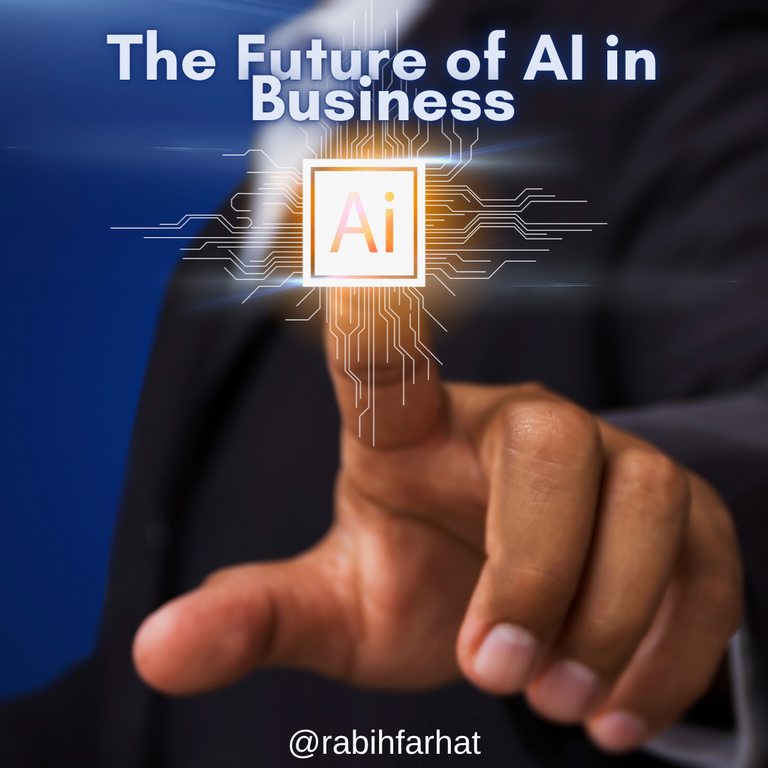Introduction
Artificial Intelligence and innovation are driving together the transformation in the digital world especially since everything is now being digitized. With the AI ability to analyze huge amounts of data and generate ideas, it is presenting a big push for innovation. In return, innovation is fueling the development and improvement of AI technologies.
This intersection is generating a dynamic environment, where companies can harness AI to solve complex problems, improve operations and open new opportunities. However, this convergence also poses challenges, including the need for strong governance, the ethical use of AI, and the need to balance cost and sustainability.

So today, in the digital world we can understand that in addition to artificial intelligence, innovation has become a major topic. So the question now is about the importance of innovation and the role of artificial intelligence in transforming business processes.
First we have to distinguish between institutional innovation, which targets practical business challenges, and academic innovation, which often seeks theoretical knowledge and can lead to company success.
We have to start by identifying critical problems and then applying new techniques to solve them. But of course we must know the importance of understanding the difference between development and research, where development involves implementing known high-quality solutions, while research focuses on discovering new ways to address problems.
One of the new models is the concept of the “Artificial Intelligence Factory”, which is a comprehensive structure for integrating artificial intelligence into the organization’s operations. Encompassing networking, storage, servers, middleware, and data protection, all of which must be equipped for AI workloads, it is a reimagined infrastructure designed to support AI ambitions.
The basis for successfully implementing artificial intelligence is the need for strong governance and training. Here, companies must distribute the responsibility for artificial intelligence rather than concentrating it in one unit, because this approach will contribute to growing AI expertise across the company, ensuring that all employees, from Finance to Marketing, can benefit from AI in their roles.
But we are also in need to do a lot of studies on the costs of adopting this artificial intelligence. Because investing in AI must be strategic and aligned with the company's core needs and wants.
As for the long term, it is also important to highlight the ethical responsibility of companies to reduce the environmental impact. Where Energy-efficient models and architectures must be chosen, such as running smaller, more optimized AI models that consume less power. Green options must be adopted, from renewable energy data centers to low-energy artificial intelligence solutions.
Conclusion
The future of artificial intelligence in organizations is not a one size that fits all.
Where each organization must have its unique AI strategy to fit the needs and capabilities. Also companies must develop their own AI expertise to take full advantage of these technologies.
The combination of standardized solutions and customized expertise enables organizations to deploy AI effectively.
Artificial intelligence is now a fact and we must know how to deal with it in order to keep marching with the fast development of technologies. Learning from the mistakes of the famous mobile company “Nokia” is a key for the continuity.
*Image designed using Canva
Posted Using InLeo Alpha
The Future of AI in Business would have to fit into a dynamic mould.